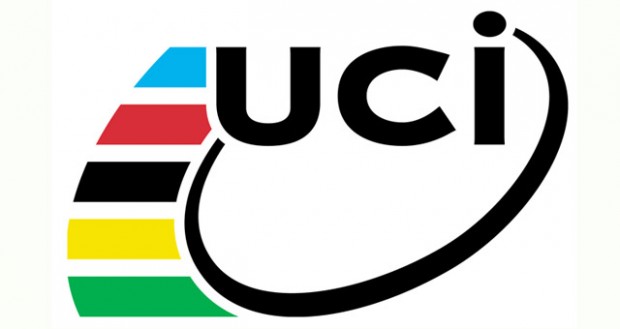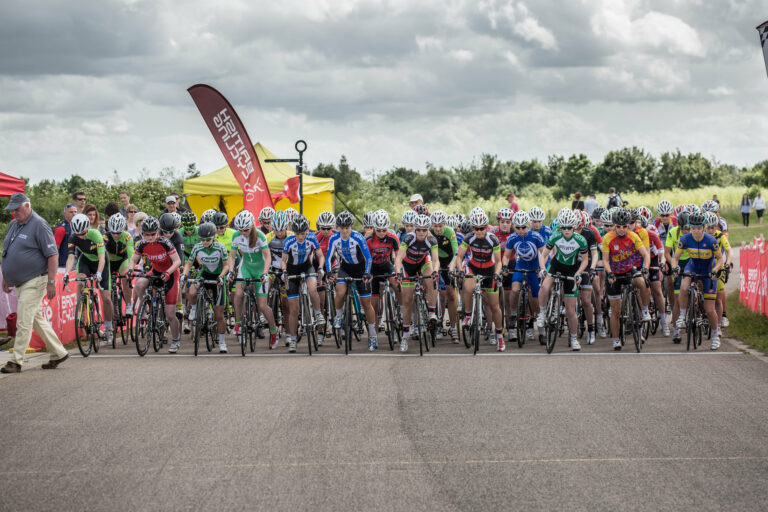
Women and men at at all UCI World Championship Road events will now receive equal prize money thanks to an update made to the UCI’s Code of Ethics. However, Dame Sarah Storey has pointed out that no such equality exists in paracycling.
Prize funds for the road and individual time trial races had already been made equal, but the change means women will also receive the same reward in the team time trial.
In another positive move, a newly introduced prize fund – for the fastest lap at each race of the upcoming 2016/2017 Telenet UCI Cyclo-cross World Cup – will see equal money for men and women straight away.
The decision was made at a management meeting to discuss the Code of Ethics, which has seen a few changes. The committee also reviewed actions taken to test bikes for mechanical fraud, reviewed it’s rider security plan – with a focus on motorcycle and driver behaviour, and clarified rules around disc brakes.
Furthermore, as well as setting term limits for the UCI president, it was decided that the membership of the UCI Ethics Commission would be increased to include experts independent from the sport of cycling.
The UCI President Brian Cookson said: “The adoption of the newly strengthened Code of Ethics is another very important step towards ensuring the very highest standards of good governance at the UCI.”
Equality however, is not entirely complete, Paralympian Dame Sarah Storey has pointed out that prize funds for UCI Para-Cycling World Champs are far from fair…
This isn’t completely accurate as despite my asking there’s no prize money for UCI Para-Cycling World Champs https://t.co/0XB6fhJjtn
— Dame Sarah Storey (@DameSarahStorey) June 4, 2016
When asked if there was no prize money at all, Storey added: “None at all despite the same white jerseys being presented. There’s equality to an extent!… I highlight the disparity at every meeting and will continue to do so until action is taken.”
Whilst we’re pleased to see the women’s prize money equalled (take a look at these 5 issues in pro women’s racing we highlighted in 2014 and see how much has changed) – there’s still more work to be done.


